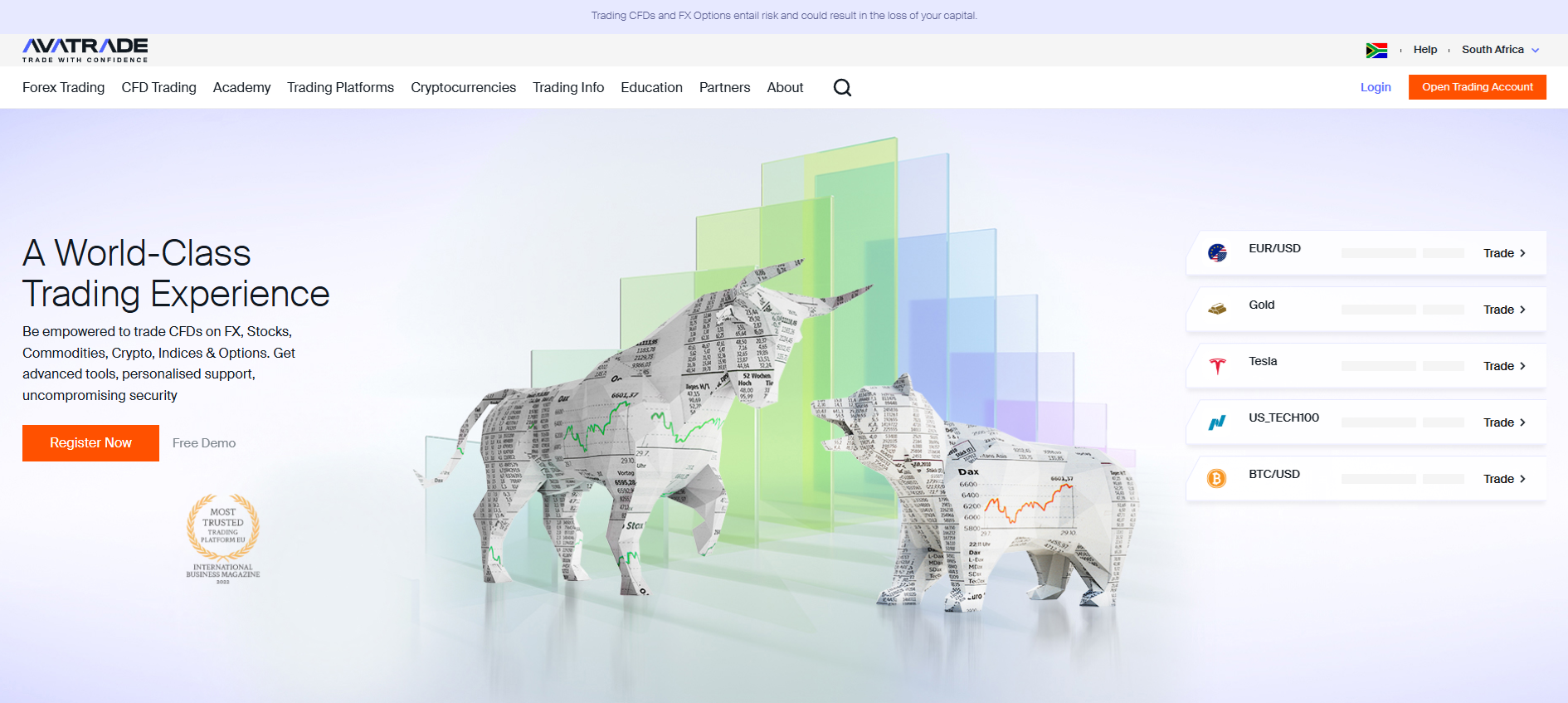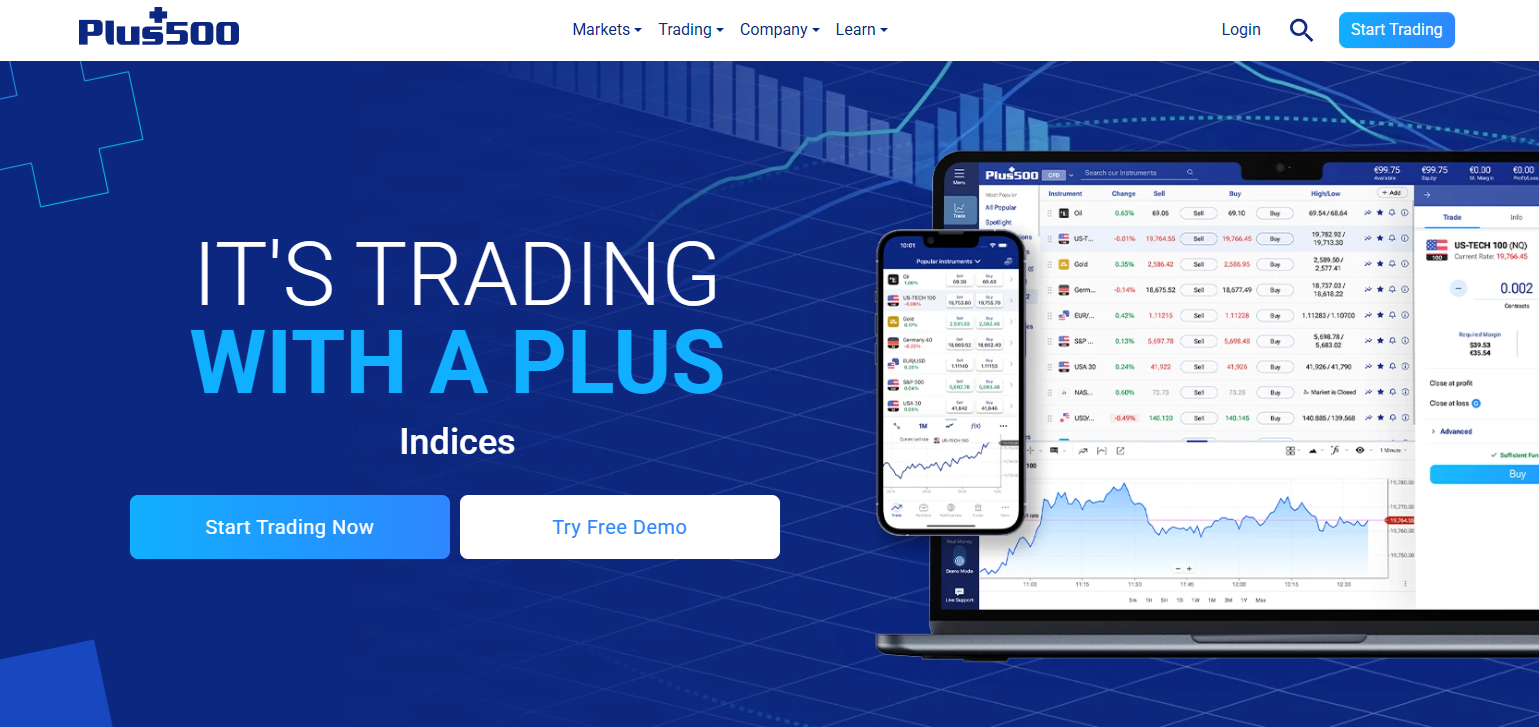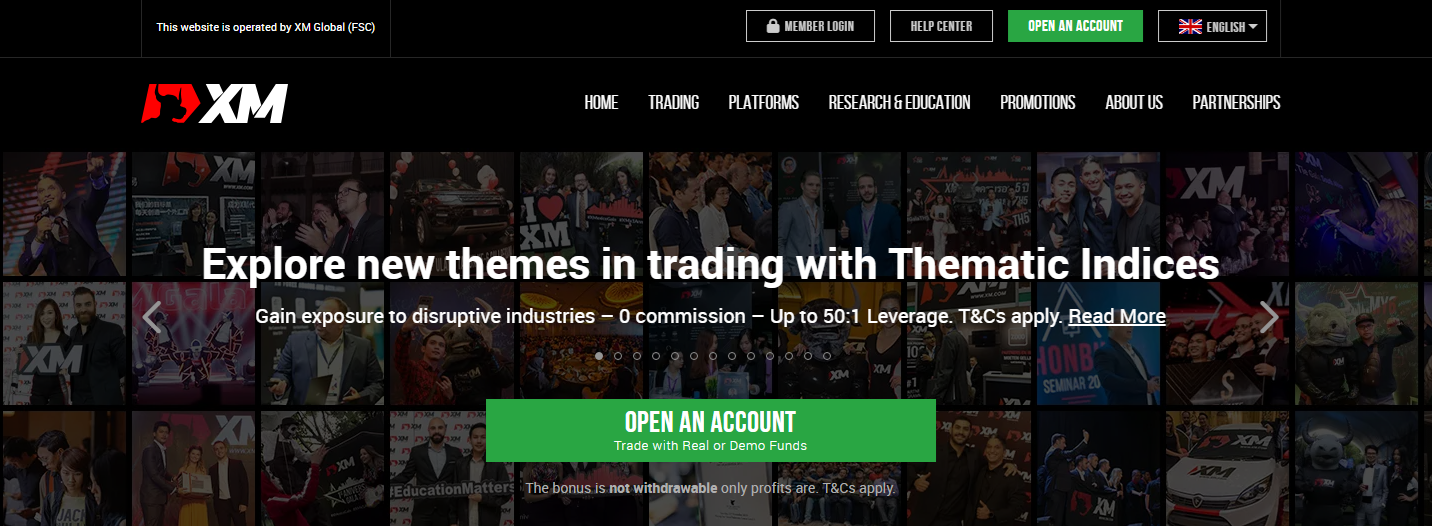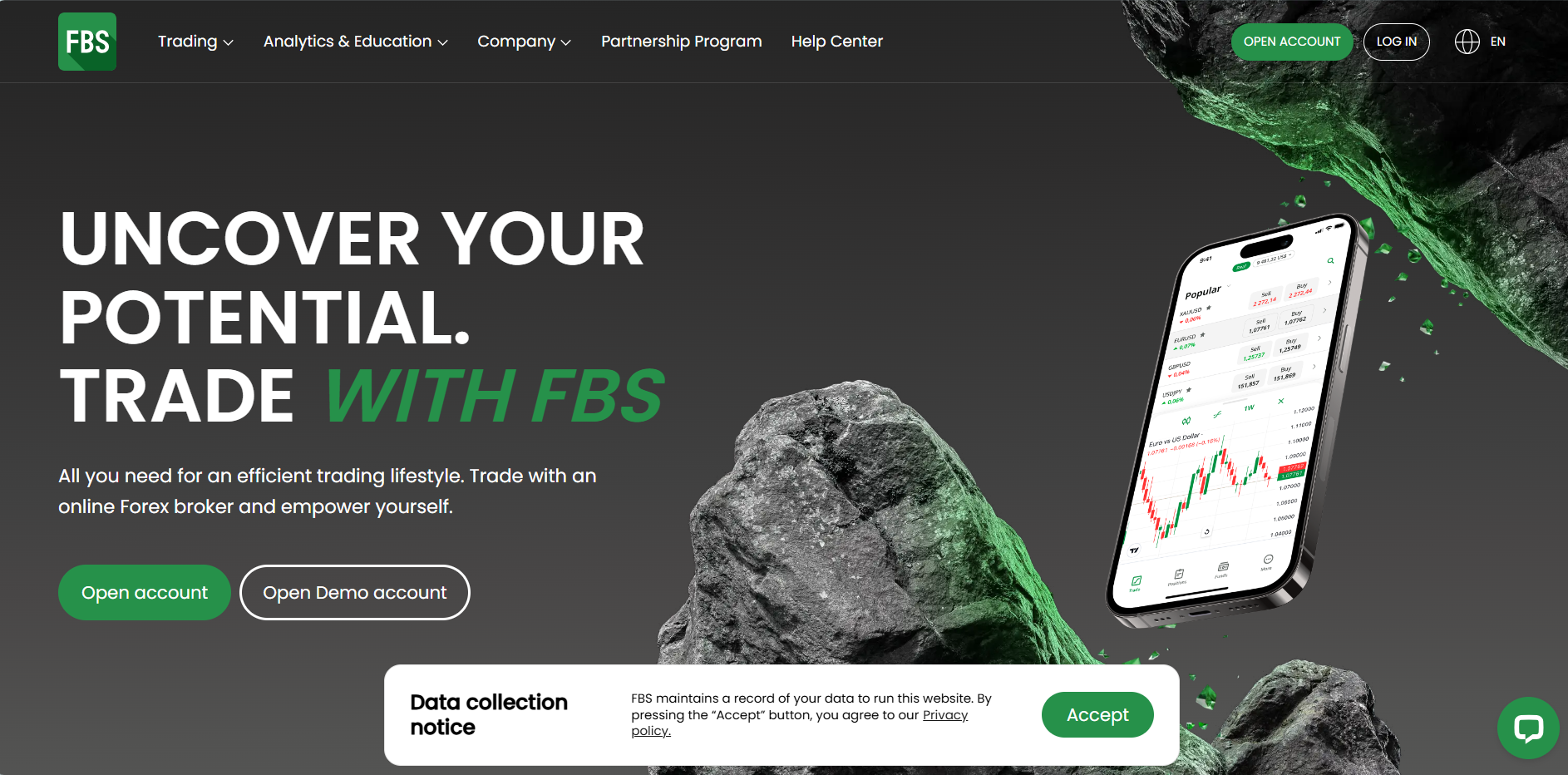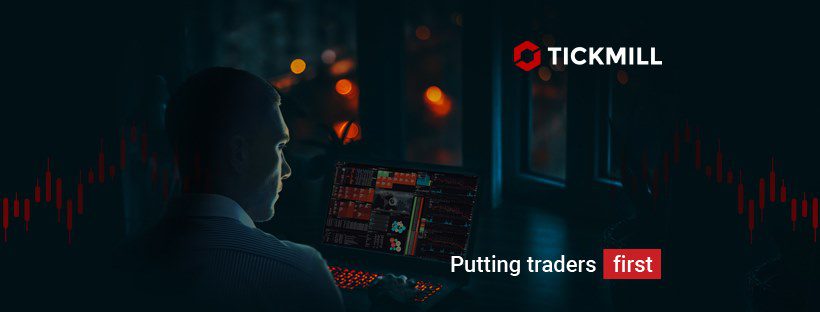Looking for the best forex brokers in Italy for 2025? You’re in the right place! The Italian forex market has seen tremendous growth, and whether you’re a beginner or an experienced trader, choosing a reliable and regulated broker is crucial for success. Italy’s brokers are required to follow strict guidelines under ESMA and CONSOB to ensure your funds are protected. The best forex brokers offer competitive trading platforms, low trading fees, and features like automated trading or Islamic accounts.
In this guide, we’ll walk you through the top 5 forex brokers in Italy for 2025. These brokers not only provide excellent service but are also trusted by thousands of Italian traders. From low trading costs to user-friendly platforms, you’ll find options perfect for both beginner traders and seasoned pros. Whether you want to trade forex using currency pairs, CFDs, or other asset classes, these brokers stand out in the competitive world of forex trading. Ready to find your best match? Let’s get started!
Why Regulation is Important for Italian Forex Traders
reducing risk. Regulatory bodies such as CONSOB (Italy’s financial authority) and ESMA (European Securities and Markets Authority) ensure that brokers meet strict guidelines to protect your funds and provide a fair trading environment. By working with a regulated broker, you are shielded from fraud, enjoy transparency in trading costs, and benefit from negative balance protection that limits your losses.
Key points to consider:
- CONSOB is responsible for regulating brokers operating in the Italian forex market, ensuring compliance with strict financial guidelines.
- ESMA regulates across the European Union, enforcing rules like leverage caps to protect retail investor accounts.
- Regulated brokers must adhere to capital requirements, ensuring they have enough reserves to safeguard trader funds.
- Choosing a CONSOB or ESMA regulated broker means you get transparency in fees, fund segregation, and fraud protection.
- Italian forex traders benefit from security measures like negative balance protection, which prevents them from losing more than their initial investment.
The 5 Best Forex Brokers in Italy
#1. AvaTrade: Best Overall for Traders in Italy
What is AvaTrade?
AvaTrade is a leading forex and CFD broker that stands out for its wide range of trading platforms and solid regulation across several major jurisdictions. Regulated by CySEC, CBI, and ASIC, among others, it provides Italian traders with the security and transparency needed to trade confidently. AvaTrade offers both MetaTrader 4 and MetaTrader 5, along with its own proprietary platforms such as AvaTradeGO and AvaOptions, giving traders flexibility and a user-friendly experience. Additionally, AvaTrade offers Islamic accounts and a robust education section, making it ideal for beginner traders as well as those interested in automated trading or copy trading.
Advantages and Disadvantages of AvaTrade
AvaTrade Fees and Commissions
AvaTrade operates on a spread-only model for most trades, with no additional commissions. The spreads for popular currency pairs like EUR/USD typically start from 0.9 pips, which is competitive but slightly higher compared to some other brokers. AvaTrade does not charge deposit or withdrawal fees, but it does impose an inactivity fee of $50 per quarter after three months of no trading activity, which is worth considering for traders who plan to be less active.
OPEN AN ACCOUNT NOW WITH AVATRADE AND GET YOUR WELCOME BONUS
#2. Plus500
What is Plus500?
Plus500 is a leading Contracts for Difference (CFDs) trading platform, offering access to a wide range of financial instruments, including forex, stocks, commodities, indices, and cryptocurrencies. The platform is recognized for its user-friendly interface, real-time market data, and advanced charting tools, catering to both novice and experienced traders. Operating under multiple regulatory frameworks globally, Plus500 ensures compliance with international standards, providing traders in Italy with a secure and reliable trading environment. Its commitment to transparent pricing, competitive spreads, and robust risk management features makes Plus500 a preferred choice among traders in Italy.
Advantages and Disadvantages of Plus500
Plus500 Fees and Commissions
In Italy, Plus500 operates on a commission-free model, primarily generating revenue through the bid/ask spread. Traders should be mindful of certain fees that may apply, such as the overnight funding fee, which is either added to or subtracted from your account when holding a position after a specified time. Additionally, a currency conversion fee of up to 0.7% is applied to trades on instruments denominated in a currency different from your account’s base currency. Notably, Plus500 does not charge for deposits or withdrawals, and there are no fees for inactive accounts. This transparent fee structure enhances Plus500’s appeal as a cost-effective trading platform for traders in Italy.
OPEN AN ACCOUNT NOW WITH PLUS500 AND GET YOUR WELCOME BONUS
OPEN A DEMO ACCOUNT ON PLUS500
#3. XM
What is XM?
XM is a globally recognized broker, especially favored for its low minimum deposit (starting at $5) and wide array of educational tools, making it particularly appealing to beginner traders. It offers MetaTrader 4 and MetaTrader 5, with access to over 1,000 financial instruments, including forex, commodities, and indices. XM is regulated by CySEC and ASIC, ensuring strong protections for Italian traders. The broker’s negative balance protection and no re-quotes policy make it a reliable option for those concerned about market volatility.
Advantages and Disadvantages of XM
XM Fees and Commissions
XM operates primarily on a spread-only model, with no hidden fees or commissions. Spreads on popular pairs like EUR/USD start from 0.6 pips, which is highly competitive. There are no deposit or withdrawal fees, and unlike some brokers, XM does not charge an inactivity fee, making it a flexible choice for traders with varying activity levels.
OPEN AN ACCOUNT NOW WITH XM AND GET YOUR WELCOME BONUS
#4. FBS
What is FBS?
FBS is a well-established broker offering a range of account types tailored to different trading styles, from micro-accounts to professional accounts. Regulated by CySEC and ASIC, FBS is a reliable option for traders in Italy who seek high leverage options and Islamic accounts. The broker supports both MetaTrader 4 and MetaTrader 5, and is known for its promotional offerings such as deposit bonuses and cashback programs.
Advantages and Disadvantages of FBS
FBS Fees and Commissions
FBS charges spreads as low as 0.5 pips on major currency pairs like EUR/USD, but fees vary depending on the account type. While standard accounts do not charge commissions, ECN accounts incur a small commission per trade. FBS does not charge for deposits or withdrawals, and there are no inactivity fees, which makes it a cost-efficient option for both active and occasional traders.
OPEN AN ACCOUNT NOW WITH FBS AND GET YOUR WELCOME BONUS
#5. Tickmill
What is Tickmill?
Tickmill is a popular choice for low-cost trading, particularly known for its ECN accounts with ultra-low spreads. Regulated by FCA and CySEC, Tickmill provides a high level of security and transparency for Italian traders. The broker offers MetaTrader 4 as its main trading platform and supports various strategies, including scalping and copy trading. Tickmill is also well-suited for algorithmic traders who rely on automated trading systems.
Advantages and Disadvantages of Tickmill
Tickmill Fees and Commissions
Tickmill offers some of the lowest spreads in the market, with spreads starting from 0.0 pips in the Pro account, where a small commission is charged per trade. For standard accounts, spreads start from 1.6 pips with no commission. Tickmill does not charge for deposits or withdrawals and has no inactivity fees, making it a cost-effective choice for a range of traders.
OPEN AN ACCOUNT NOW WITH TICKMILL AND GET YOUR WELCOME BONUS
How to Get Started with a Forex Broker in Italy
Getting started with a forex broker in Italy is easy, but there are a few key steps to follow to ensure you’re set up properly. Whether you’re a beginner trader or someone with more experience, these steps will guide you through the process of opening an account and starting your forex trading journey.
Step 1: Choose a Regulated Broker
The first step is to pick a regulated broker that is authorized by CONSOB or other trusted bodies like CySEC or ESMA. These regulatory agencies ensure that the broker is trustworthy and compliant with EU regulations, providing a safer trading environment. Look for brokers like Tickmill, AvaTrade, or Pepperstone that have a good reputation in Italy.
Step 2: Open an Account
Once you’ve selected your broker, head to their website and register for an account. You’ll need to provide basic information such as your name, email, and phone number. Most brokers offer different types of accounts, such as standard or raw spread accounts, so choose one that fits your needs. Many brokers also offer Islamic accounts for those who require a swap-free option.
Step 3: Verify Your Identity
Before you can start trading, you’ll need to verify your identity to comply with KYC (Know Your Customer) regulations. This usually involves uploading documents like your passport or ID card, along with proof of address, such as a utility bill. This step ensures that your account is secure and compliant with local laws.
Step 4: Deposit Funds
Next, you’ll need to deposit funds into your account. Most brokers offer a range of payment methods, including bank transfers, credit cards, and e-wallets like PayPal or Skrill. Be sure to check for any deposit fees and choose the method that’s most convenient for you. Some brokers also offer zero deposit fees on certain methods.
Step 5: Download the Trading Platform
After funding your account, you’ll want to download the trading platform. Most brokers in Italy support MetaTrader 4 and MetaTrader 5, which are popular due to their user-friendly interfaces and advanced charting tools. Some brokers may offer their own proprietary platforms, so choose the one you’re most comfortable with.
Step 6: Start Trading
Now that your account is ready and your platform is set up, you can start trading forex! If you’re new to the market, it’s a good idea to start with small trades or use a demo account to get comfortable with the platform before committing real funds. Many brokers also offer educational resources, so take advantage of those to sharpen your skills.
Conclusion
In conclusion, choosing the best forex broker in Italy depends on what you need as a trader. Whether you’re after low fees, fast platforms like MetaTrader 4 or MetaTrader 5, or advanced tools for copy trading, brokers like AvaTrade, Pepperstone, and Tickmill offer strong, regulated options. Each of these brokers is regulated by trusted authorities like CONSOB or CySEC, providing a secure and reliable environment for your forex trading journey. As long as you pick a regulated broker that fits your style, you’ll be off to a great start in the forex market.
Also Read: The 5 Best Forex Brokers in Dubai in 2025
FAQs
What is the best Forex broker for beginners in Italy?
A broker like AvaTrade is often considered the best for beginners due to its extensive educational resources and easy-to-use platforms, including MetaTrader.
Are all brokers in Italy regulated by CONSOB?
No, not all brokers are regulated by CONSOB, but they must at least follow ESMA regulations if they serve traders within the EU.
Can I open an Islamic account with Italian Forex brokers?
Yes, many brokers like Tickmill and AvaTrade offer Islamic accounts that comply with Sharia law, making them a great option for traders who need swap-free trading.

